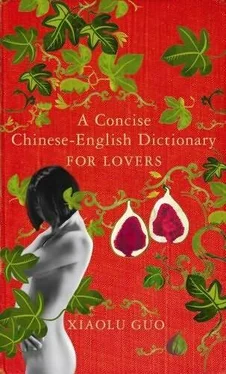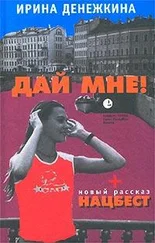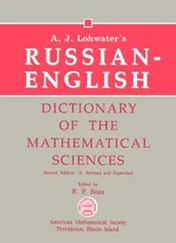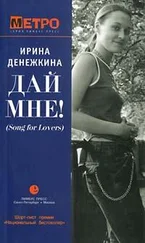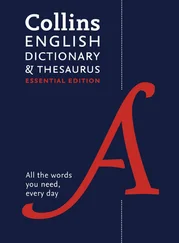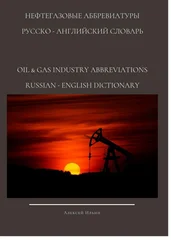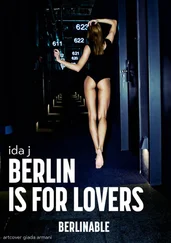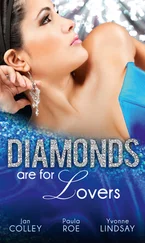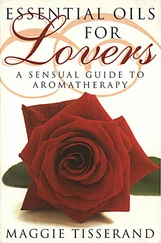I will never trust this man again I tell myself. Nothing will be between him and me anymore. Not anymore, I swear to myself. I feel a strong guilt, and danger. I despise myself.
We put on clothes, and the dirty feeling of my body is overwhelming. It sticks on my skin, my underwears, my jeans, and my white T-shirt. It is under my skin. And the sea seems even dirtier and even more polluted than before. Empty plastic bottles half buried in the sand. Black plastic bags floating on the foaming sea water. I just want to leave this place, leave him, as quick as possible.
The train is ready to leave. He is standing behind me in the train station café. I want to buy some water, and I want to find a place like a toilet can wash myself. I can’t stand the dirt on my skin, and I can’t stand the strange smell from his body. His clothes smells of strong perfume. I can’t stand it for one more second. It makes me vomit. But as the train approaches into the sight in the distance, he suddenly says:
“Something very bad happened.”
“What?”
“Look here.” He turns around and shows me the back pocket of his jeans. There is a hole underneath the pocket.
“I just lost fifty euros,” he says, with a worried tone.
I look at him. His face is covered by emptiness and vagueness. I think of what he just said. He was quite cool before, or say half an hour ago. Now he becomes very weak, suddenly. When I met him, I thought he was just a normal local man having espresso in a café. I thought he was just as simple and happy as the weather in Portugal. But now I don’t know what to feel anymore.
“Now I can’t even buy a bus ticket to go back home,” he says. His hand is still on his pocket with a hole.
The train arrives and the door is opened.
What should I say about that hole? What should I do about this strange fifty euros? No, don’t start to think. Don’t start to talk about it. Just leave this topic. Don’t ask, don’t say anything more. I take my rocksack from his shoulders, and I walk to the platform without hesitation.
“Bye,” I say, with a cold smile.
I step on the train. Don’t look back. Don’t look back now. The door is closed behind me, thanks God. And that’s it.
I walk straight to the toilet on the train. I unload my bags on the floor of toilet. I remove my clothes, my jeans, my pants. And I turn on the tap. I wash myself completely.
Dublin is the capital and largest city of the Republic of Ireland in the east-central part of the country on the Irish Sea.
Dublin, my last stop. I flew Dublin. I am not in Continent anymore.
This is the most western place I ever been in my life. I never been to States, and anway I don’t know if States is more west than Europe since the earth is round. When I was in China, I thought Dublin is in the middle of Berlin, because that’s how Chinese translated the word “ Dublin.” Also I thought London in the middle of the whole Europe, because Britain sounds so big: “the empire on which the sun will never set.” So London must be in the centre Europe just like Chinese character for China, “

,” it means a country in the centre of the world.
I have some difficulties from the start-I am being stopped at the customs in the Dublin airport.
“Do you have a visa?” the immigration officer sitting in the glass box asks me seriously.
Is he blind or something? Can he not see those important stamps on my passport? I stare at him, with big confidence: “Of course I have visa.”
“Where is it?” He throws my passport on the table.
I am a bit annoyed by this Westerner. I grab my passport back and open page where I got Schengen Visa stamp.
“Here it is!” I point the visa to the blind man. “Can’t you see it is a Schengen visa?”
“But we are not in a Schengen country,” says the man in very sober voice.
I am confused: “But I was told that your Irish use euros, just like in France, or Germany!”
“That doesn’t mean we are a Schengen country. You need a visa to come into this country.”
For one moment I really scared. Then I remember my UK visa. Quickly I find page where I have my student visa stamp from UK Embassy. I am so clever.
The man looks at the visa one second only and says, “We are not part of the British Empire either.”
He throws my passport on the table again.
I stare at that officer and don’t know what to do. Will they send me back to the UK? Or will they send me back to China, straight away? I don’t have return ticket. If now they send me back, will I need to pay the air tickets? Or will they pay the fee?
I am standing in the corner of the Customs, all the passengers passed by, and new passengers from some other strange countries all left too. I am remained alone. After a while, I see the officer gives my passport to a new officer, then he leaves. This new officer is a very kind man, probably he is from less-west-country. He lets me fill a form, then he checks through the form. And then he lets me stand in front of the camera. I never notice there is a camera underneath the glass box of the customs! I stand there and try to smile and being innocent. The nice man says OK, and he stamps on my passport.
“What is that stamp?” I am so worried that he stamps something terrible, terrible for my future.
“It means next time, if you come to Ireland without a visa, you will be illegal.” He gives me back the passport with a black stamp allowing me short-period stay provided no working.
“Do you understand?” the officer asks.
“Yes. Yes. Thanks you.”
I hold the passport like holding rest of my life.
Walking around Dublin I lost myself again. I am wandering in a park-St. Stephen’s Green. There is a lake in the park, and some swans live there. There are also some weird birds with green neck swimming on the water. The rain arrives, it is like rain curtain. It rains intensely. Nobody, no any plants, no any single leafs, can avoid the madness of the rain. I run out of the park. By the park, there is a hotel called The Shel-bourne Hotel. I walk in.
The hotel is unbelievabal. Somebody plays piano in the lobby. There is a fireplace, or no, two in the ground lobby. The fire is burning. I stare at the fire. I love watching fire, better than TV-the way it changes the shape all the time. The burning things inside are not like coal, or charcoal, or wood. It is a kind of black, long square piece of bar. I never see that before. I sit down on the old-soft-posh-arm-chaired sofa and feel the fire sucks my wetness from the rain.
“Excuse me, do you know what is this stuff burning in the fire?” I ask an old gentleman on next sofa. He is in black bowler hat and dark coat, with his tall black umbrella. He is like from Sherlock Holmes story, an old detective.
“I beg your pardon?” the old man says.
“You know this stuff, the stuff is burning, what do you call that?” I point to the fireplace.
“Ah, those are briquettes , my dear,” the old man answers proudly.
“Briquettes?” Why it sounds like a French bread?
“We also call it peat, my dear,” the old man adds, “or turf.”
The old man look at my deeply confused face. He gets up to perform for me, to help me to understand: “In the old times we in Ireland used spades to cut the turf. Then we’d dry it.” He is doing the gesture of digging and chopping.
The old man has very strong accent, and my English listening comprehension becomes hopeless.
“Turf” or “Tofu”? I don’t understand this word. Why they don’t simply call it “black burning stuffs”?
A young handsome waiter comes with a menu.
“Would you like to order something?” the waiter asks politely.
Читать дальше
